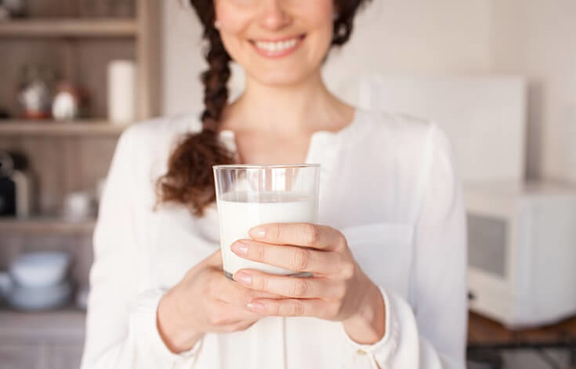
Can I keep consuming dairy products if I'm lactose intolerant?
Contrary to popular belief, lactose intolerance and da1
Vegetarian and vegan diets are becoming more popular than ever, especially among city-dwellers and the younger generations. The environmental and health benefits are often pointed out (and rightly so), we first need to prove that it is the right thing to do. Eliminating an entire food group from your diet is a significant step and can lead to nutritional imbalances which may have a negative impact on your health. When reducing the number of animal-based products you eat, making dairy products a permanent feature in your meals is one of the keys to achieving a nutritional balance.
Each are full of nuances, these different terms have one thing in common: They all exclude animal-based products from a person's diet to a greater or lesser extent.
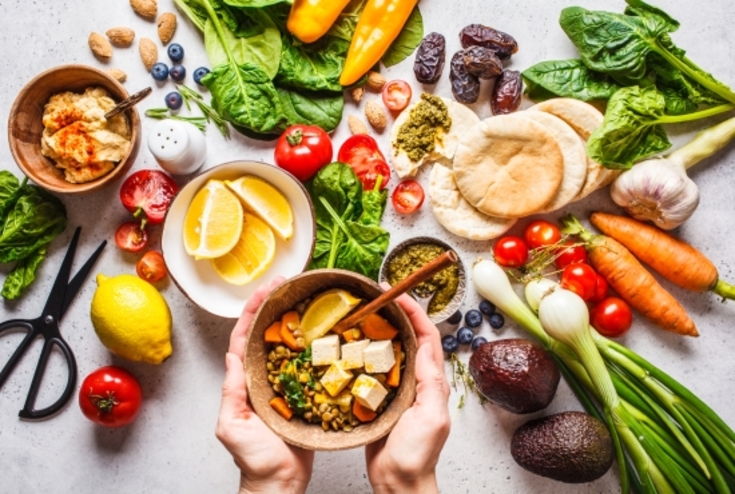
The number of vegetarians varies greatly across the globe. In India, 30% of the population follow a vegetarian diet, most often in line with their religious beliefs. This is the greatest proportion of anywhere in the world. In other countries, vegetarianism (following a vegetarian diet) is generally practiced by less than 10% of the population.1. However, France falls significantly short of this average, with around 2% of the population being vegetarian.2.
A large number of studies over the last several years have all come to the same conclusion: A largely plant-based diet does not pose any risks in terms of deficiencies. In fact, it actually seems to play a protective role with regard to the risk of developing chronic illnesses, such as cancer, cardiovascular diseases, high blood pressure, diabetes, or obesity.3.

Although care needs to be taken with these more restrictive diets, especially when followed by a more vulnerable age group, such as kids, the elderly and people who are sick, a well thought out vegetarian diet does not pose any health problems among the general adult population. However, putting kids on a vegan diet that excludes all animal-based products can have serious consequences on their development (such as anemia, stunted growth, etc.).[4]. In these types of situations, we would encourage you to speak to a health professional, in order to avoid any deficiencies related to cutting out animal-based products.
Compared to people who eat both plant- and animal-based foods, vegetarians, and vegans even more so, risk not having enough calcium, iron, iodine, vitamin B12, and omega-3 fatty acids in their diet[5]. When you eliminate meat and fish products from your diet, your protein intake is reduced.
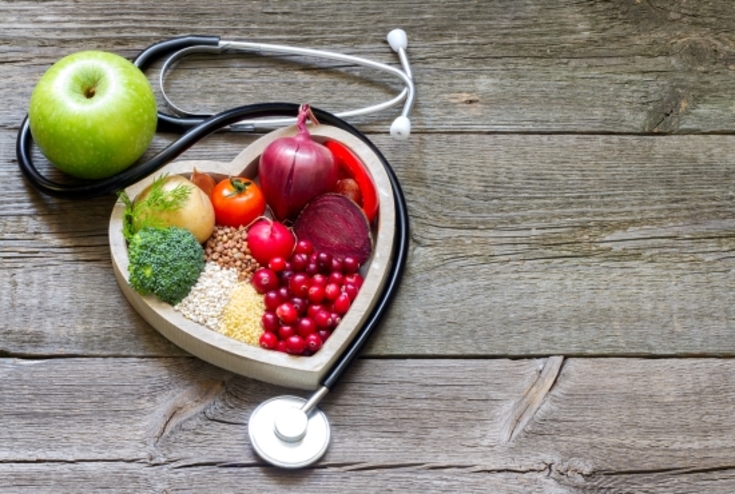
However, that nutritional balance can be found in a vegetarian diet, as long as you follow certain important rules:
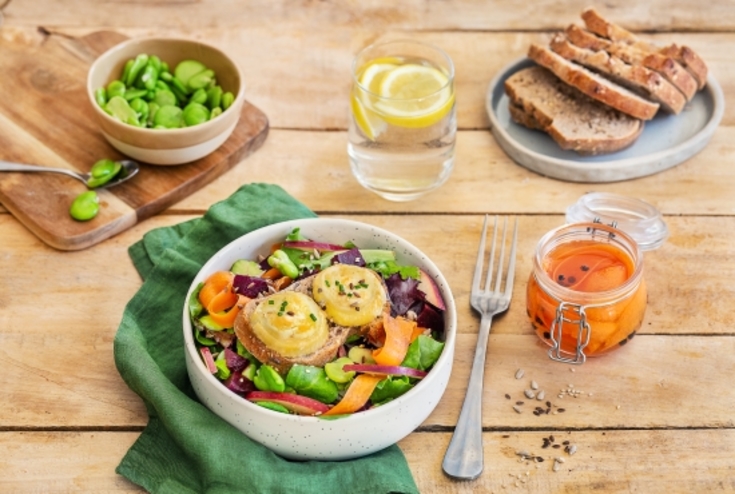
To give you a clear answer to this question, we need to look at how cheese is made. To start, the milk is curdled using a rennet, which may or may not be animal based. This is a key ingredient for knowing which cheeses meet vegetarian requirements.
An animal-based rennet is extracted from the gastric juice found in the fourth stomach (abomasum) of young ruminant animals (such as calves). Consisting of two enzymes (chymosin and pepsin), this rennet allows young ruminant animals to digest milk. As a result, cheeses made using animal-based rennet are not suitable for vegetarians. When a list of ingredients is not provided, it is best to approach the manufacturer to find out whether animal-based rennet is used or not.
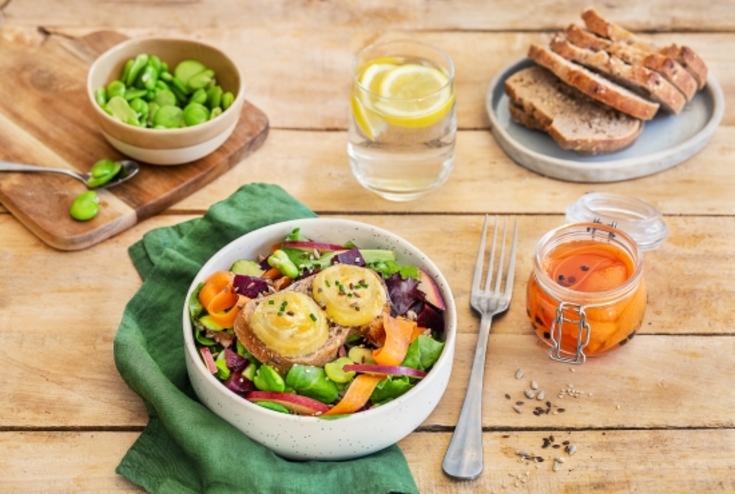
Nowadays, many cheeses are produced using vegetarian rennet, made from a lactic starter or microbial/plant enzymes. To recognize these products, look for the terms "rennet," "fungal enzyme," or "microbial enzyme" on the labels, which refer to enzymes produced by mold and cultivated in controlled laboratory environments.
Most Soignon products are suitable for vegetarians.
[1] Appleby and Key, Proceedings of the Nutrition Society (2016), 75, 287–293.
[2] Résultats de l’enquête INCA3 (2014)
[3] Schulze et al. BMJ 2018;361:k2396
[4] Régimes alimentaires en matière de santé et de prévention des maladies. François Mariotti, AgroParisTech (Année).
[5] Elorinne AL et al. Food and Nutrient Intake and Nutritional Status of Finnish Vegans and Non-Vegetarians. PLoS ONE 2016; 11 e0148235.